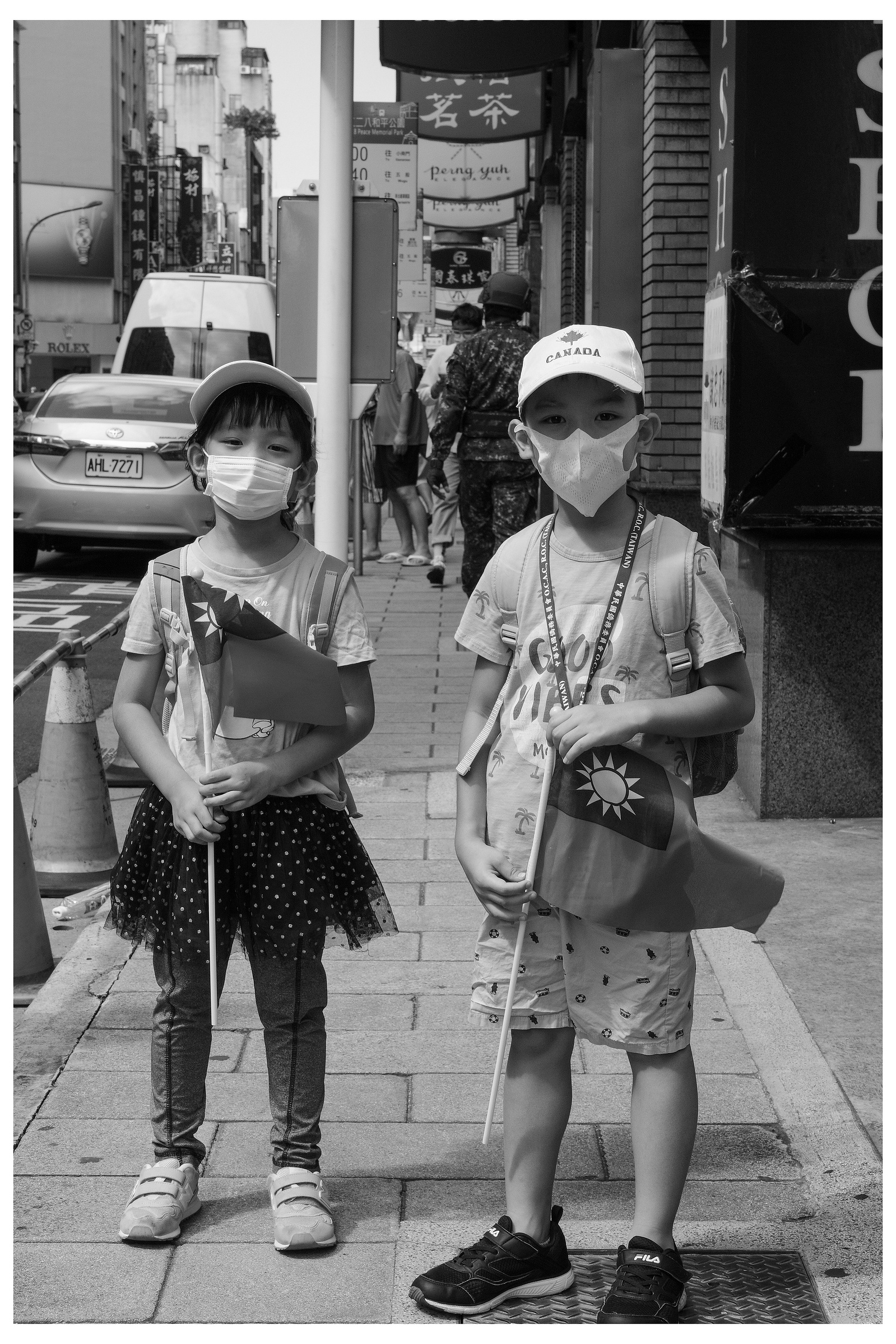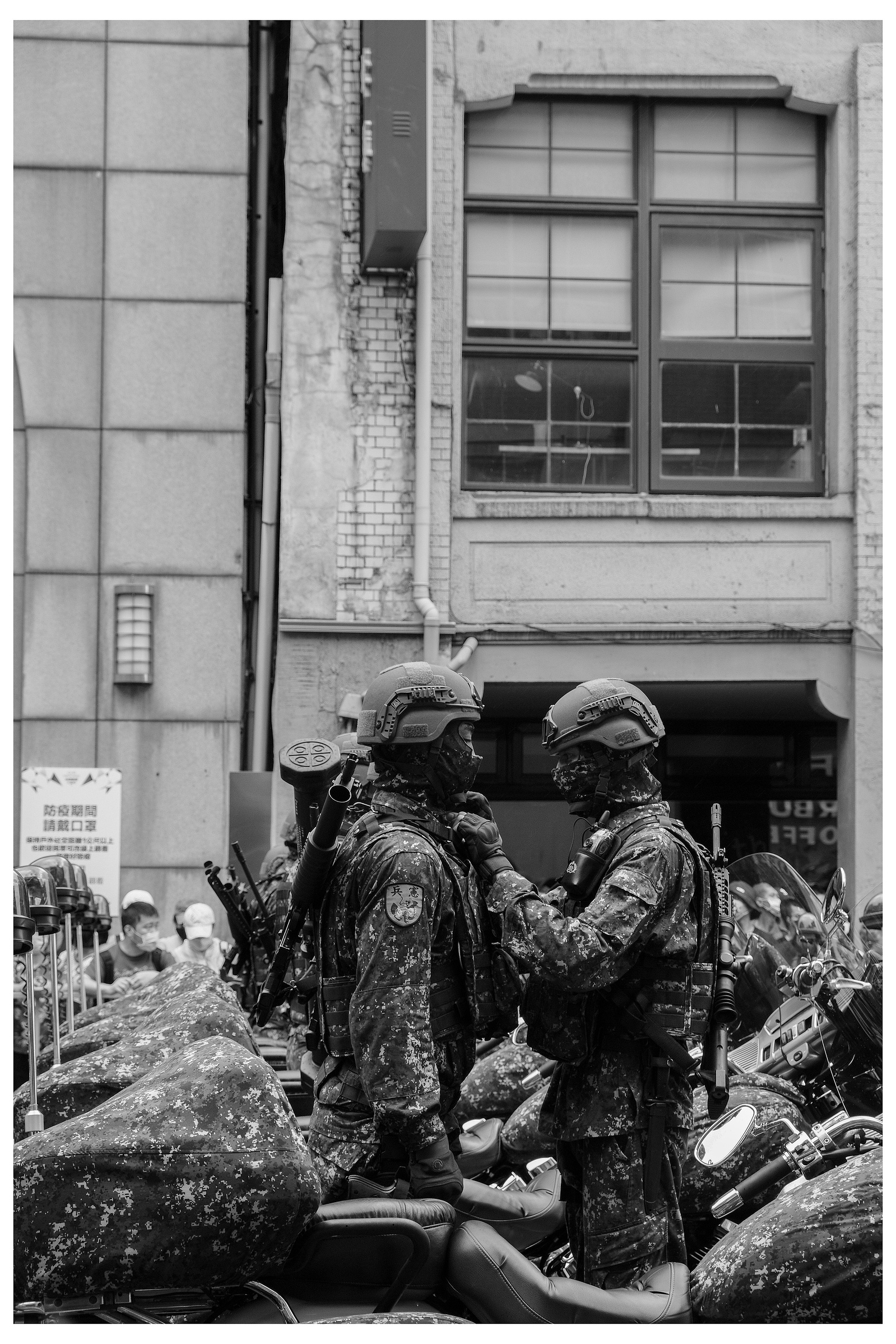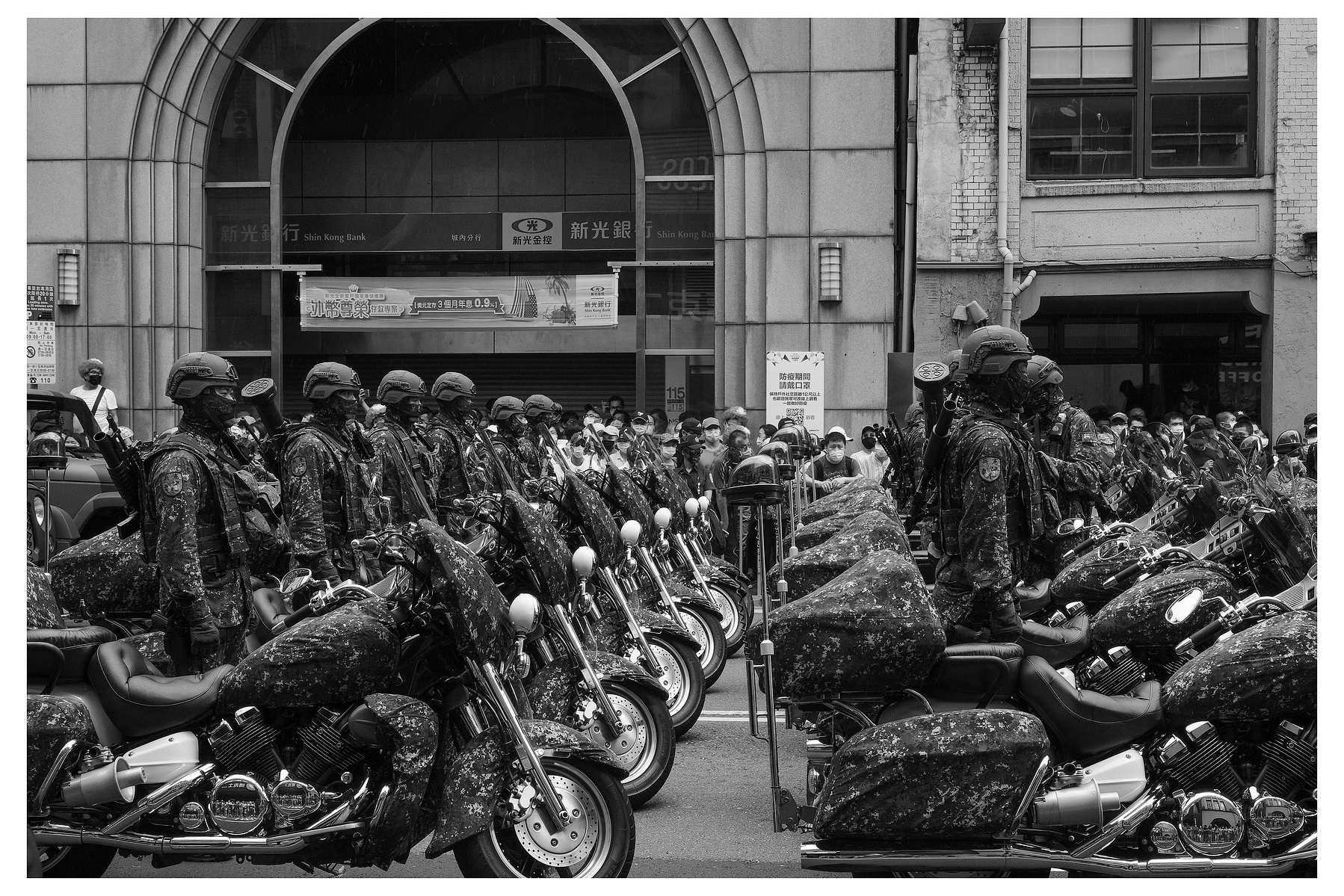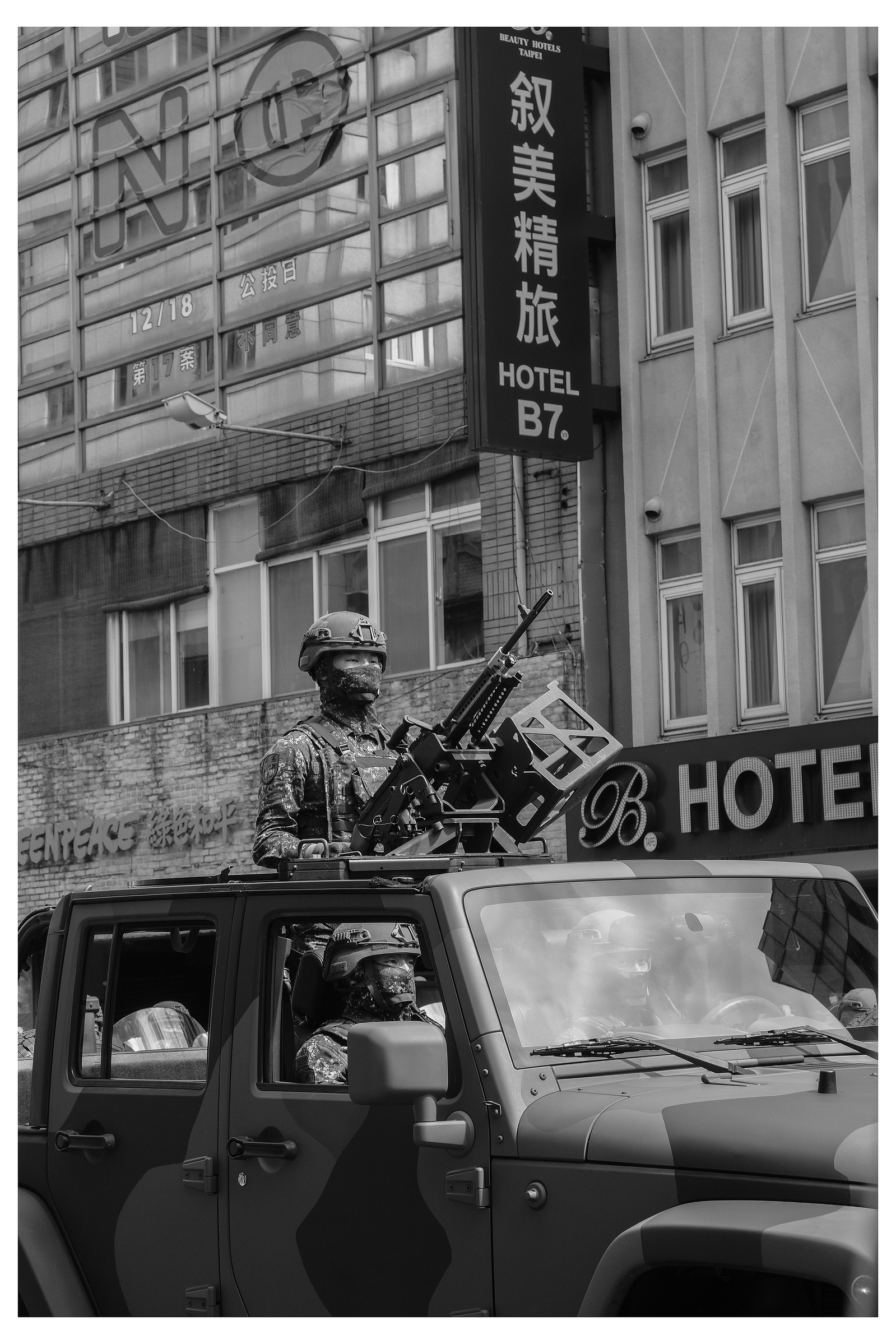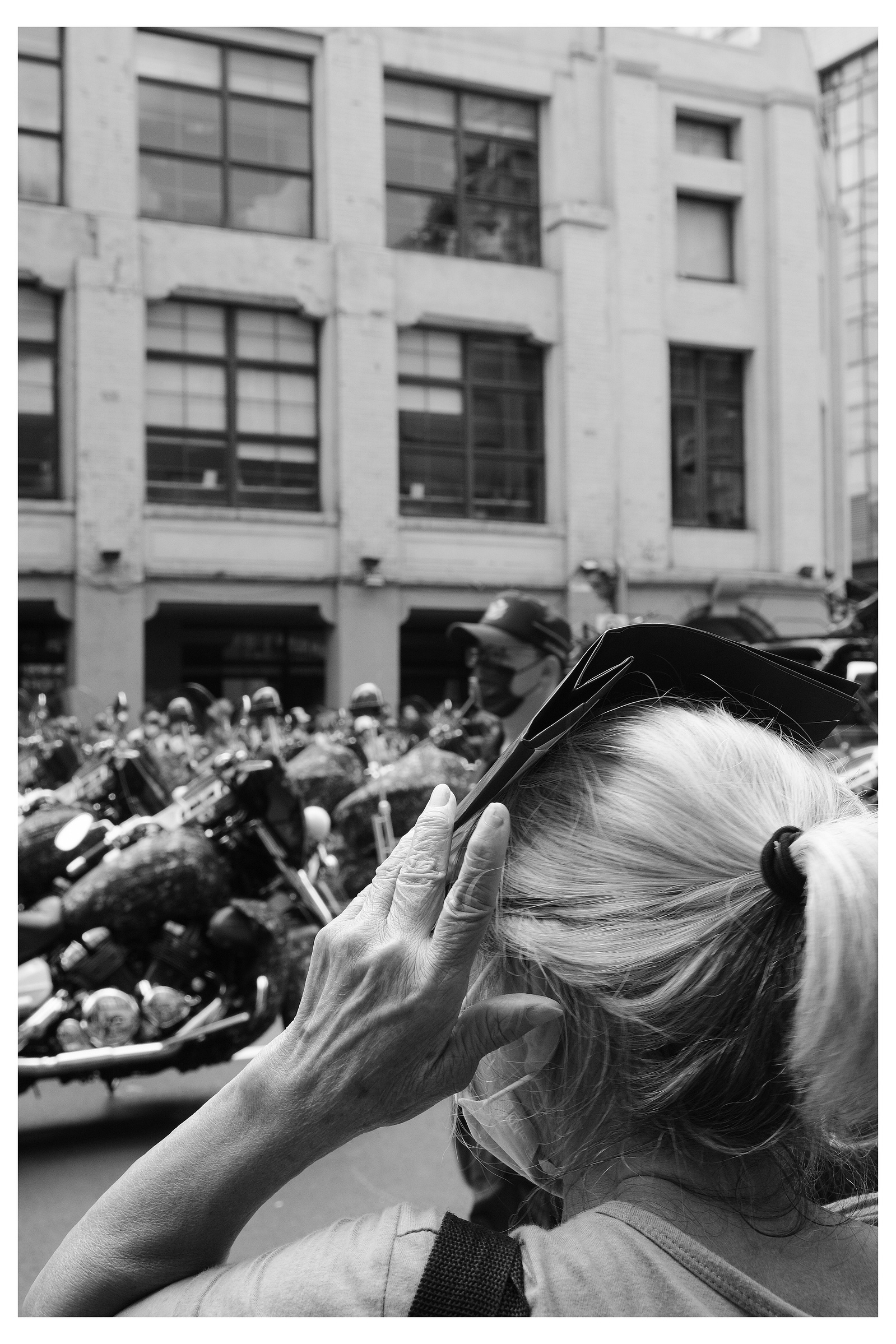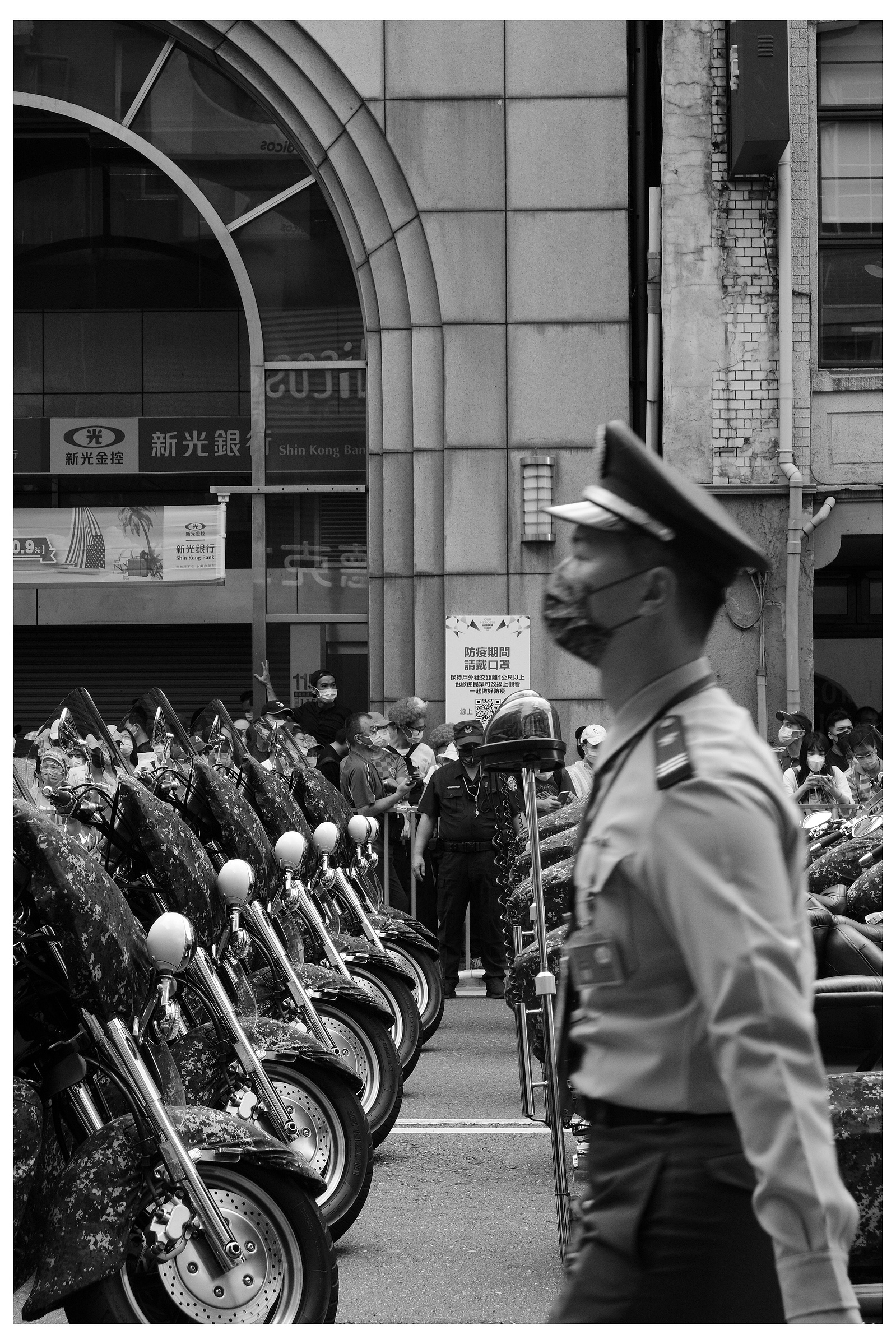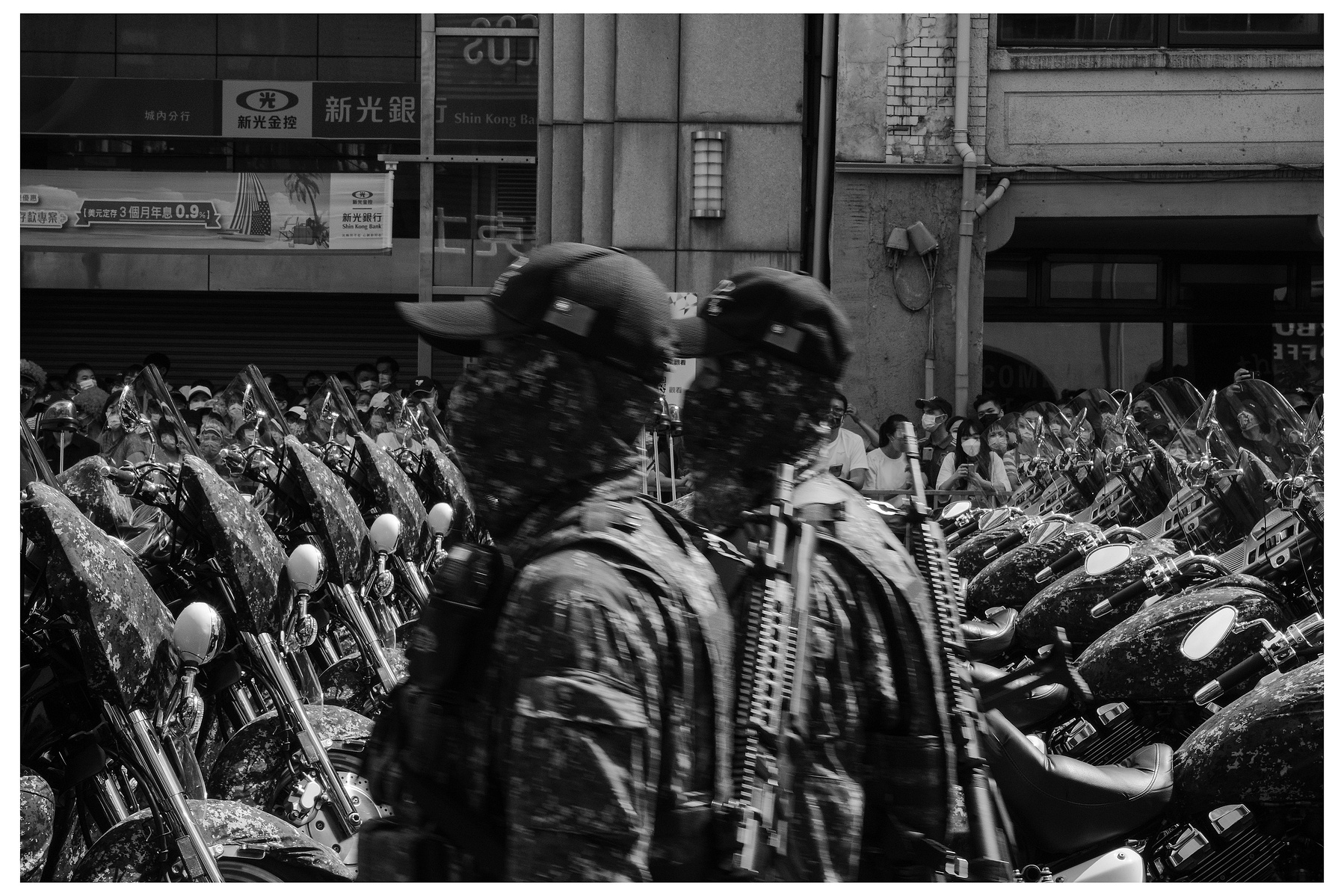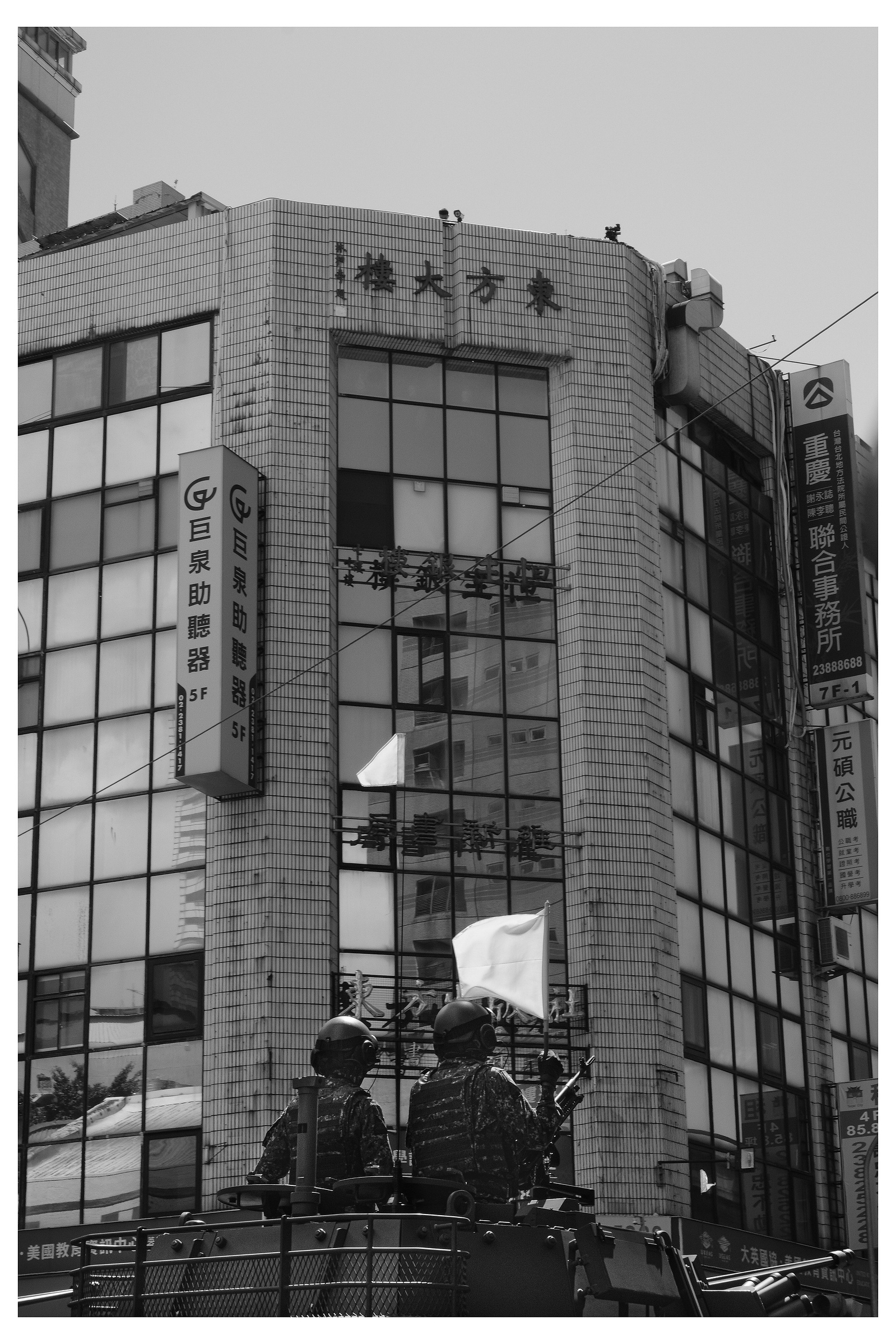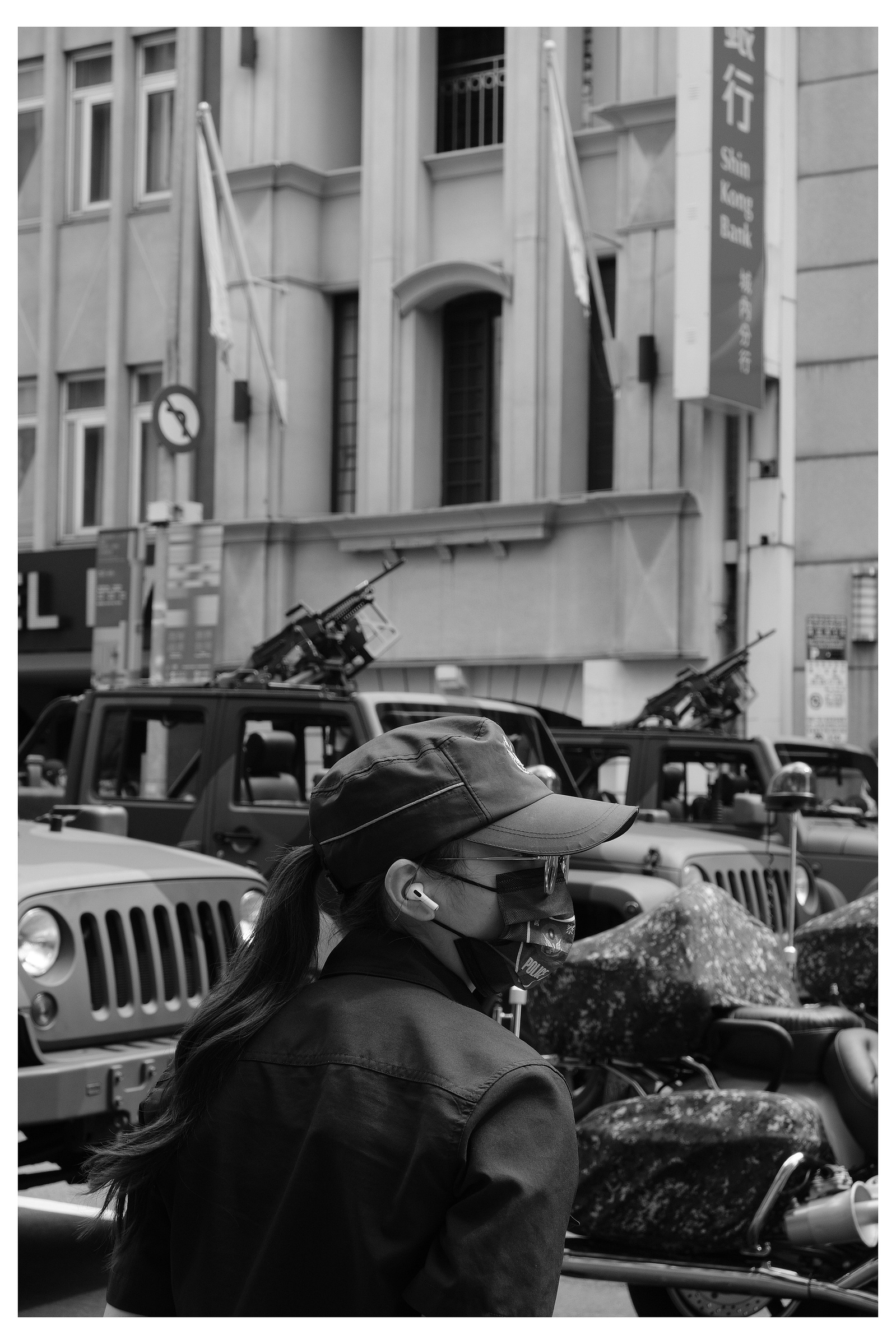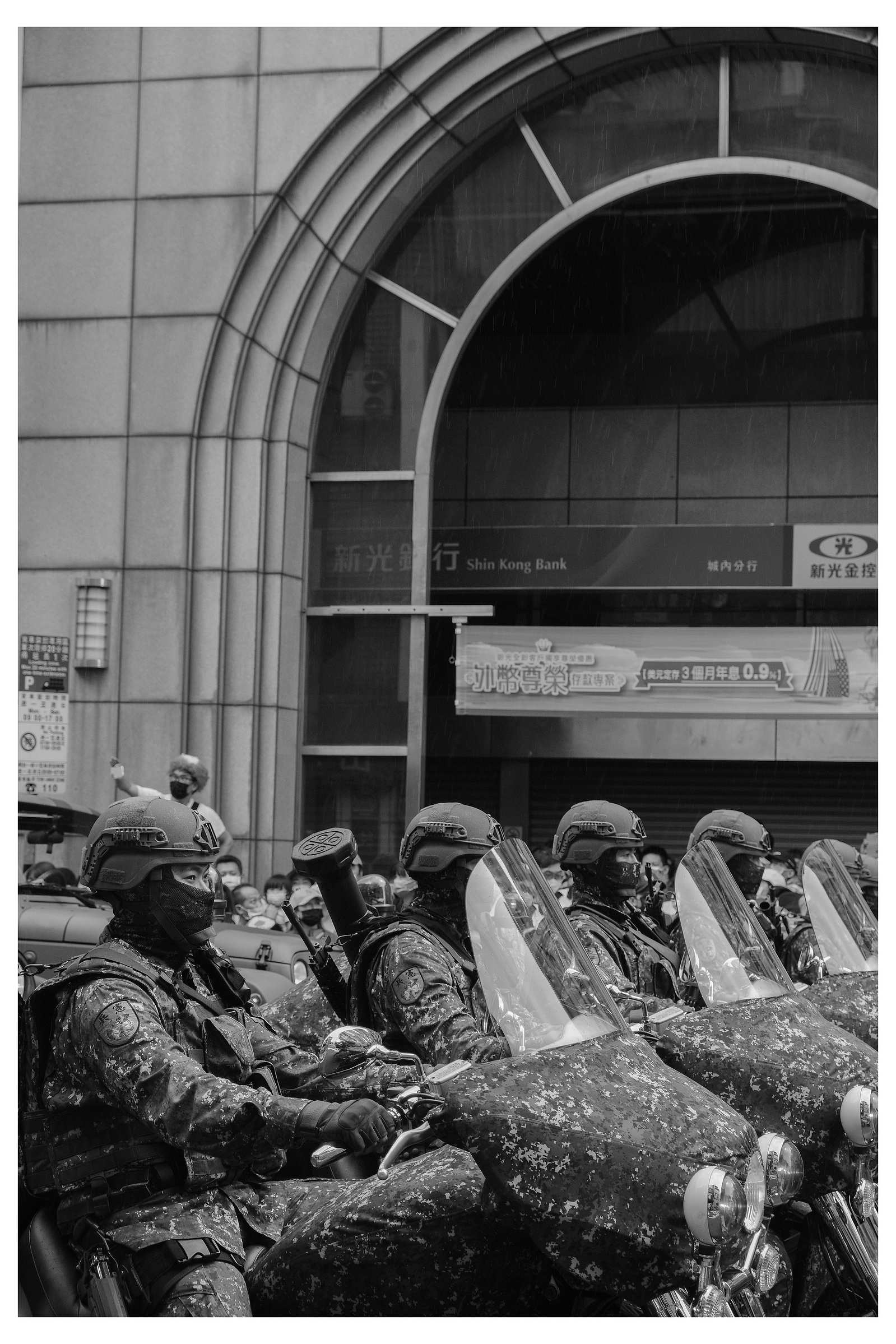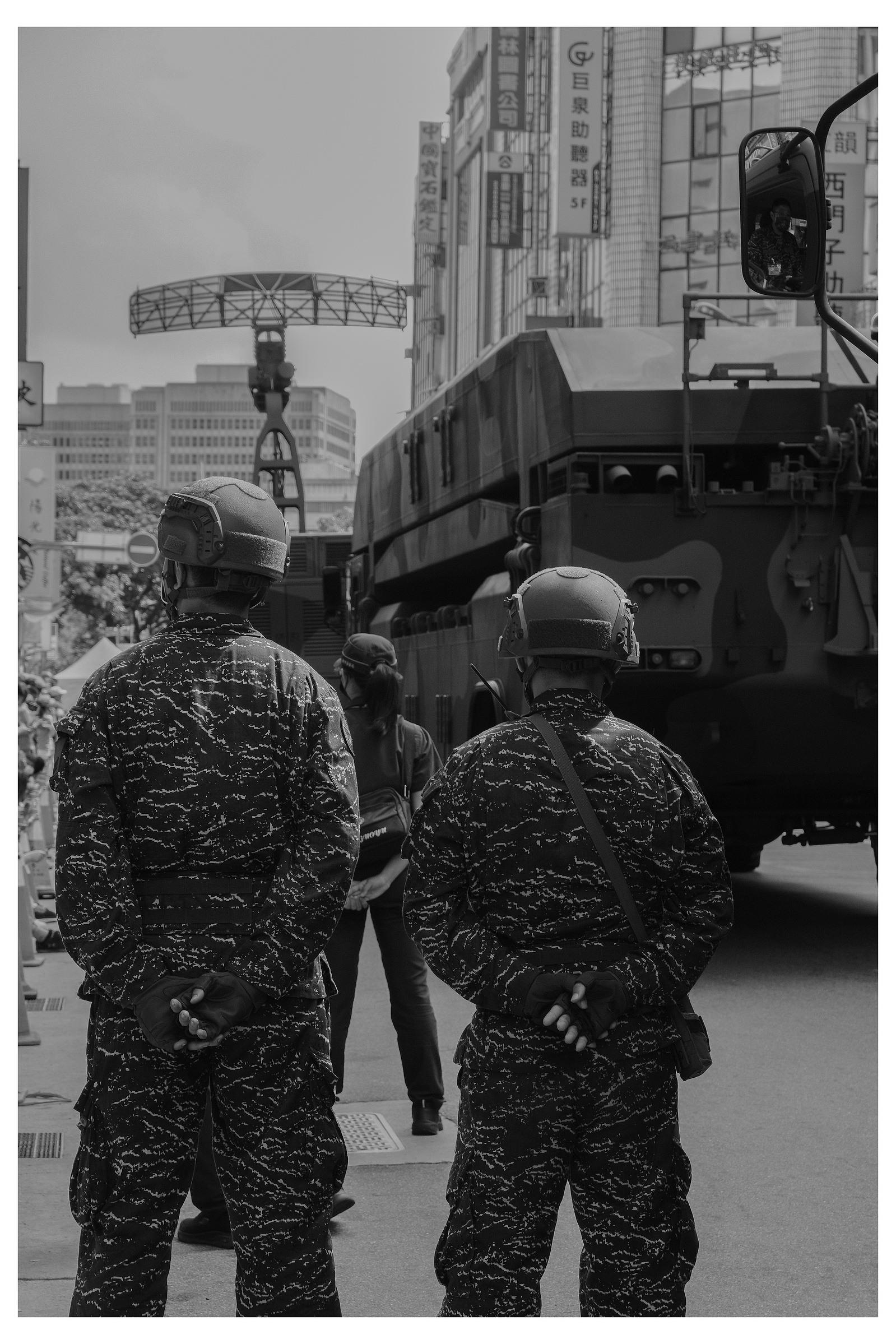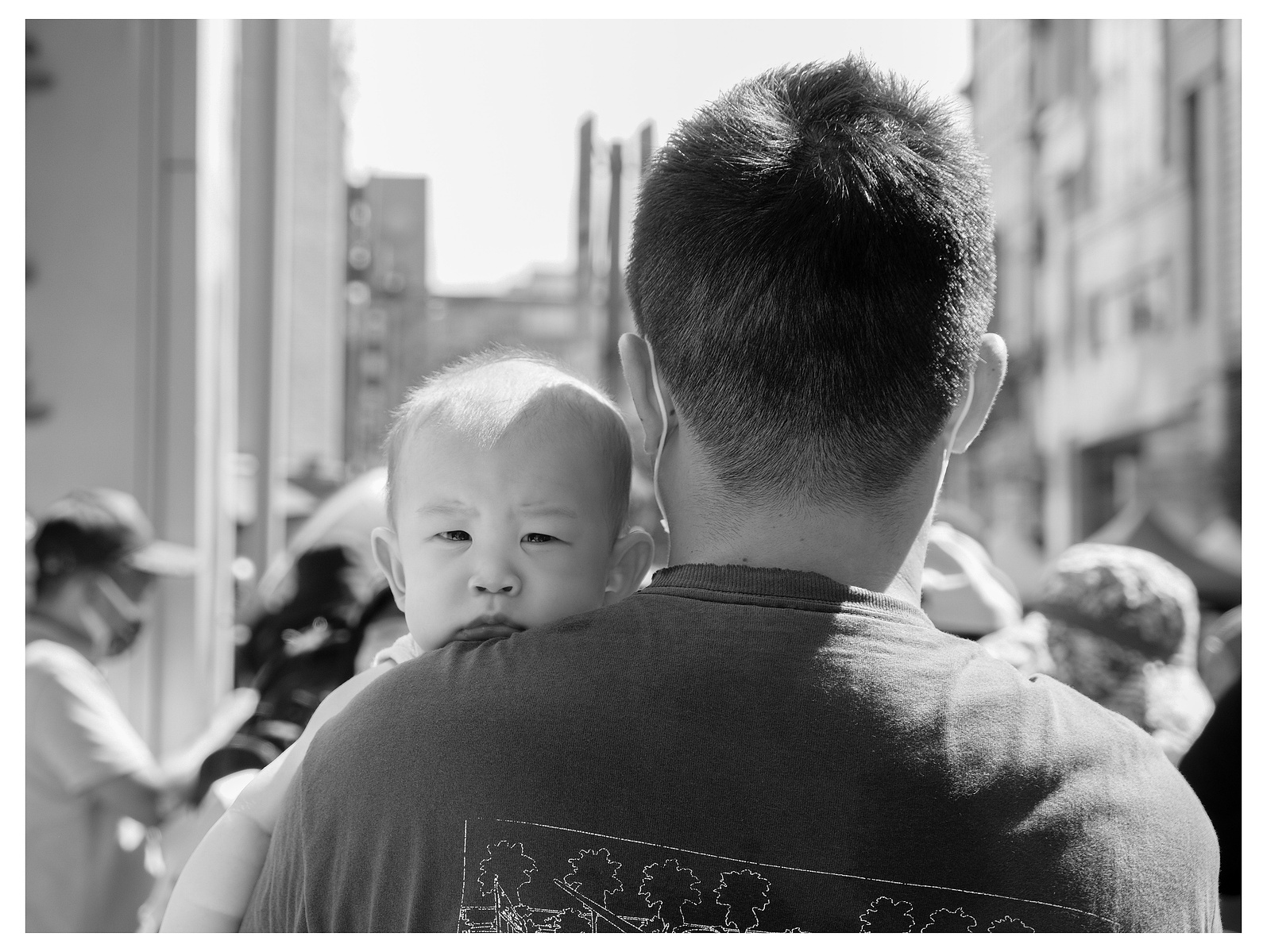Taiwan's National Day, marked by a military parade, offers a powerful window into Taiwanese identity politics and nationalism. This annual event becomes a canvas where the complexities of Taiwan’s identity are vividly displayed. Internationally, Taiwan is often perceived as part of China. Yet many Taiwanese assert a distinct identity, one rooted in democracy, self-determination, and a lived experience separate from the mainland. This contrast raises enduring questions: What defines being Taiwanese? How much of identity is shaped by political realities versus cultural heritage?
In her speech for the 2022 parade, President Tsai Ing-wen made Taiwan’s stance clear: "We will continue to bolster our national defence and demonstrate our determination to defend ourselves in order to ensure that nobody can force Taiwan to take the path China has laid out for us. This is because the path that China has laid out offers neither a free and democratic way of life for Taiwan, nor sovereignty for our 23 million people."
Tsai’s remarks closed the Double Ten Day celebrations, which officially commemorate the 1911 Wuchang Uprising and the founding of the Republic of China. Seventy-two years of development have transformed Taiwan, but as Tsai emphasized, the resolve to uphold sovereignty remains unchanged and transcends party lines.
Yet, what does sovereignty mean in a context where formal independence is claimed by few, but de facto independence is lived by many? Does the act of marching troops and flying fighter jets serve as a deterrent, or as a reminder to the world that Taiwan exists in defiance of being reduced to a geopolitical pawn?
The military parade, beyond merely being a show of defense, is a declaration of Taiwan’s identity, resilience, and subversive spirit. A way of saying, “This is who we are. This is what we stand for.” But in a world where recognition is measured in diplomatic ties—of which Taiwan has only 12—is symbolism enough?
